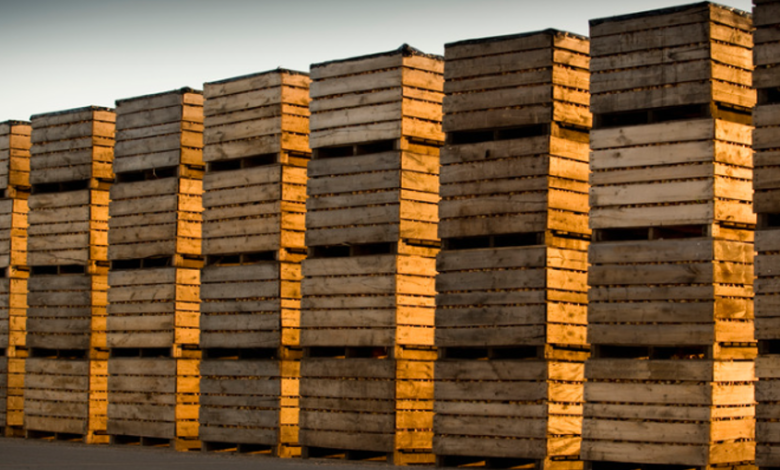Different Types of Shipping Crates and Their Applications in Various Industries

In today’s global marketplace, shipping crates play a crucial role in protecting products and ensuring their safe delivery across various industries. From heavy machinery to delicate electronics, crates provide the durability and structure needed to safeguard goods during storage and transportation. Businesses must carefully choose the right crate type based on product sensitivity, weight, and industry-specific requirements. By understanding the strengths of different crate designs and their uses, companies can optimize logistics while minimizing risks.
Wooden Shipping Crates
Wooden crates remain one of the most widely used solutions due to their strength, versatility, and cost-effectiveness. They are particularly valuable for transporting heavy or bulky goods such as industrial equipment and automotive parts. Their durability makes them ideal for long-distance shipments, where protection against external pressure and stacking is critical. Wooden designs also allow for customization, ensuring that crates fit unique product shapes and sizes. The reliability of wooden crates continues to make them a staple in multiple industries.
Custom Export Crates
Some products require more than just basic protection, especially when shipped internationally. This is where the importance of custom export crates comes into play. Designed with specific product dimensions and regulatory requirements in mind, they offer tailored protection that reduces the chance of damage during transit. Industries like aerospace, pharmaceuticals, and luxury goods frequently rely on these specialized crates to ensure compliance and safety. Understanding the importance of export-ready packaging helps businesses avoid costly delays and protect brand reputation when engaging in cross-border trade.
See also: The Vital Role of Advanced Imaging in Modern Healthcare
Plastic and Composite Crates
For industries needing lightweight yet durable solutions, plastic and composite crates are effective alternatives. They resist moisture, pests, and chemicals, making them particularly suitable for sectors such as food and beverage or pharmaceuticals, where hygiene is critical. Unlike wood, they do not require treatments for international compliance, which can reduce preparation time. Their reusability also adds value for companies managing frequent shipments, though higher upfront costs may be a consideration.
Metal Crates for Heavy-Duty Applications
Industries that deal with oversized or extremely valuable products, such as defense or energy, often require metal crates. These crates provide the highest level of protection against impact, tampering, and environmental conditions. Though more expensive, their unmatched durability justifies the investment for industries where safety and reliability are non-negotiable. Metal crates are often used in aerospace and defense sectors to transport sensitive or mission-critical equipment securely.
Crates for High-Tech Goods
With the rise of advanced technology industries, protecting sensitive equipment has become a significant concern. Specialized crates are designed to shield electronics and high-tech products from vibrations, static, and environmental changes. In fields like medical technology and IT, the ability of shipping crates to safeguard high-tech goods during transit is vital for ensuring product integrity. These solutions demonstrate how industry-specific crate designs address evolving logistical challenges.
Industry-Specific Applications
Different industries prioritize crates based on their needs. Automotive and manufacturing sectors favor wooden crates for durability, while pharmaceuticals and food industries often choose plastic for hygiene and compliance. Aerospace, defense, and high-tech sectors lean toward custom and metal solutions for maximum security. By matching crate type with industry requirements, businesses can ensure goods arrive safely while optimizing costs and efficiency.
Conclusion
The choice of shipping crate depends on product type, industry standards, and logistics requirements. From versatile wooden designs to specialized custom, plastic, and metal options, each type serves a unique purpose. By evaluating product needs and regulatory demands, businesses can select crates that safeguard goods, improve efficiency, and support global trade. Investing in the right packaging solution ensures that industries across the spectrum maintain reliability, safety, and customer satisfaction.





